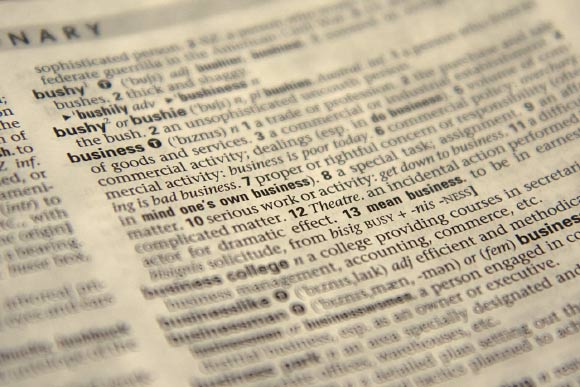According to new research published in the journal Behavior Research Method, tit, booty, booby, hooter and nitwit are some of the funniest words in the English language.
A due of psychology researchers from the University of Warwick, UK, analyzed a large collection of 4,997 randomly selected common words, and showed them to 950 participants online — asking them to rate from one to five how humorous they found each word.
“The participants were recruited using Amazon Mechanical Turk. Any registered member of Amazon Mechanical Turk was allowed to participate, with the requirement of fully completing the study (partial data was not recorded), and only doing the study once,” the authors explained.
“129 participants were removed due to incomplete submissions, errors in the data and other reasons.”
“Each participant rated 211 words on a scale from 1 (humorless) to 5 (humorous). The final data consisted of 821 participants (58% were women and 42% men).”
The funniest words were (in order): booty, tit, booby, hooter, nitwit, twit, waddle, tinkle, bebop, egghead, ass, and twerp.
Notably, men and women differed in the words they found funniest.
Men found sexual words the most humorous, as well as birthmark, brand, chauffeur, doze, buzzard, czar, weld, prod, corn and racoon.
On the other hand, women said the funniest words included giggle, beast, circus, grand, juju, humbug, slicker, sweat, ennui, holder, momma and sod.
The age range of those who took part was between 18-78 years — with an average age of 35.
While younger and older people largely found the same words funny, there were differences. Younger people (aged 32 and below) thought words like goatee, joint and gangster were funniest – whereas older people laughed more at squint, jingle, burlesque and pong.
“The research initially came about as a result of our curiosity,” said lead author Tomas Engelthaler, a postgraduate student in the Department of Psychology at the University of Warwick.
“We were wondering if certain words are perceived as funnier, even when read on their own.”
“It turns out that indeed is the case. Humor is an everyday aspect of our lives and we hope this publicly available dataset allows future researchers to better understand its foundations.”
_____
Tomas Engelthaler & Thomas T. Hills. Humor norms for 4,997 English words. Behavior Research Methods, published online July 14, 2017; doi: 10.3758/s13428-017-0930-6








